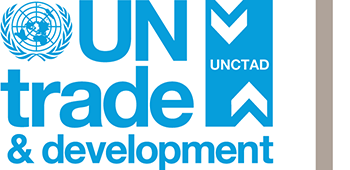The COVID-19 crisis has exacerbated the many challenges that developing and emerging economies are confronted with. With the background of the War in Ukraine, and in the face of the unwinding of emergency policy measures, such as the G20 debt service suspension initiative, and the tightening of monetary conditions to curb inflation in the North, the global South is bracing itself for new turbulences in international capital markets. Ever since the liberalisation of global finance, financial conditions in developing regions have been vulnerable to shocks and changes in market sentiments.
The new generation of UNCTAD financial condition indicators (FCIs) reveals the extent to which hyperglobalised finance has turned capital markets in developing and emerging economies into a seemingly endless ride on a roller coaster: over the past 15 years, financial market conditions in most countries were subject to large up and downturns, which constitutes a major roadblock to long-term and sustainable development. The analysis in this Policy Brief calls for a renewed endeavour to reform the global monetary system and employ targeted policy measures to strengthen resilience and financial stability in developing and emerging economies.
